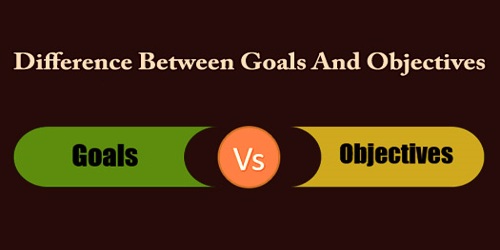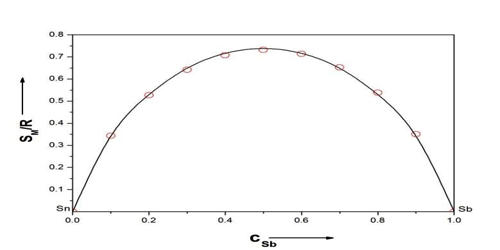Definition of Goals –
Goals can be somewhat abstract and big picture, but they set a wide, overarching target for the company to set their eyes on as a whole. Goals define the general intentions and ambitions of the business but can be difficult to measure. Setting goals is an important step of business planning, as a well-defined broad primary outcome will have an impact on areas including our mission statement, financial objectives, corporate culture, and marketing strategy.
For example, a person could have a goal to become a successful published author. While this is a good goal, there are no specific actions or time frames associated with general goals like this. What defines a ‘successful author’? How would they know when they’ve reached their goal? A generic action or project goal is motivating, but adding in precise targets or objectives will help the would-be author to reach their goal effectively.
In our childhood, we decide, what we want to become in the future and strive to achieve it. The goal is that point which a person envisions himself, after a particular span of time. To achieve these goals, people usually put a timeline, so that they can reach their goal in the desired time.
Goal setting helps individuals and organizations motivate themselves towards a destination or achievement. In a positive work environment, developing lofty goals can boost employee engagement and create excitement that spurs action.
Definition of Objectives –
Objectives have the word ‘object’ in it. Objects are concrete. The aim or target which we want to achieve within a limited period is known as the objective. They are the milestones that help us to reach our goal. That is why they are also termed as sub-goals. It is a step to reach a particular point. Suppose I want to score 90% marks in an exam to get admission in a good university.
Objectives are easily measured when the target is achieved. For example, a company wants to increase its sales by 50% in the upcoming six months, and then when it hits the target it can be measured through the sales figure.
Goals and objectives are often used interchangeably, but the main difference comes in their level of concreteness. Objectives are very concrete, whereas goals are less structured.
Examples of Business Goals vs. Objectives –
While goals and objectives work in harmony to maximize our business strategy and produce results, they have clear differences that must be recognized to use them effectively.
Goals are:
- Broad in nature
- Valuable for setting a general direction or vision
- Difficult to measure
- Abstract ideas
- Longer-term
- The end result
Examples of goals include:
- I want to become known as an expert in business strategy
- I will commit to my career development and learn how to increase sales
- I want to be more confident
Objectives are:
- Narrow in scope
- Specific steps
- Associated with a schedule and time frame
- The means to the end result
- Easy to measure
- Short term or medium-term
Examples of objectives include:
- I will speak at five conferences in the next year
- I will read one book about sales strategy every month
- I will work with a coach to practice my networking skills by the end of this month
While goals create a vision with a wide range, objectives focus on the individual, achievable outcomes. Objectives are the concrete deliverables that make the goal come to life.
Key Differences Between Goals and Objectives –
The major differences between goals and objectives are provided below:
- The goals are the broad targets, which can be achieved through continuous actions taken in a particular direction. Objectives are the aims that we want to achieve in a short span of time.
- The goals are the result i.e. a primary outcome, but if we talk about objective, it is a stepping stone for achieving the goal.
- The goals are based on ideas, whereas objectives are facts based.
- When it is about the time limit, it is difficult to determine correctly that in how much time it can be achieved, but objectives can be time-bound, in essence, they can be attained in a given period.
- It is hard to measure goals, i.e. how much distance we have covered till now, while chasing our goal and how much is left to be achieved. On the other hand, objectives are easy to measure.
- The goals are abstract, while objectives are concrete.
- The goals require general actions to attain it. As opposed to objectives, that need specific actions.
Goals and objectives are both tools for accomplishing what we want to achieve. Goals are long term and objectives are usually accomplished in the short or medium term. So, it will not be wrong if we say that objectives are a part of the goal. Goals involve lifelong ambition; it defines the destination where we want to see our self after a particular period. The objectives are short term targets that we set to achieve something, in a fixed period.
Information Sources:
















